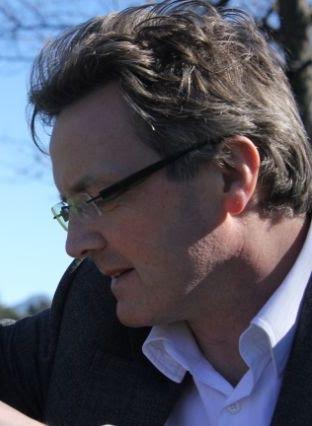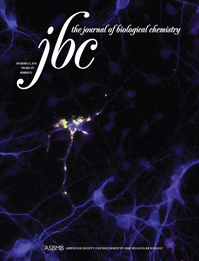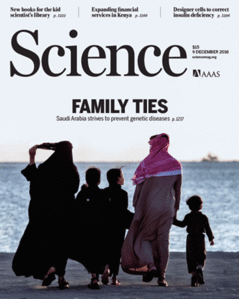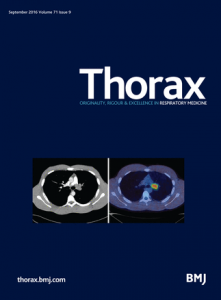

Most researchers by now recognize there’s a reproducibility crisis facing science. But what to do about it? Today in Nature, Jeffrey S. Mogil at McGill University and Malcolm R. Macleod at the University of Edinburgh propose a new approach: Restructure the reporting of preclinical research to include an extra “confirmatory study” performed by an independent lab, which verifies the findings before they are published. We spoke with them about how this could work.
Retraction Watch: You’re proposing to restructure animal studies of new therapies or ways to prevent disease. Can you explain what this new type of study should look like, and how researchers will execute it?
Continue reading A new reproducibility fix? Get your work checked before it’s published








